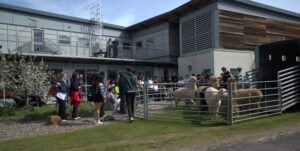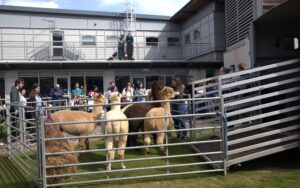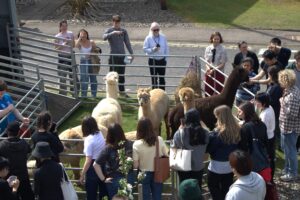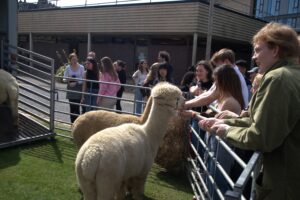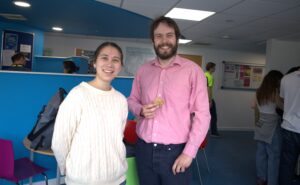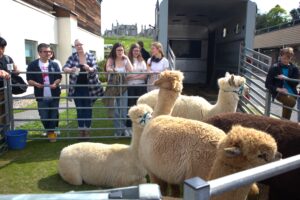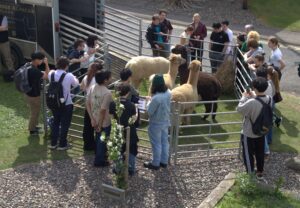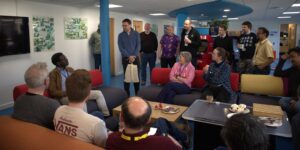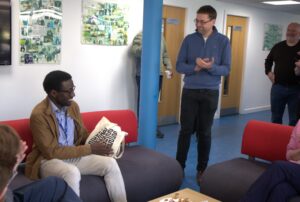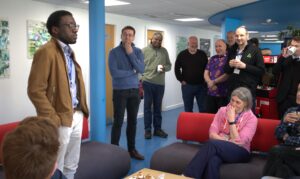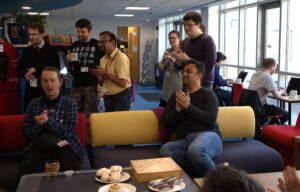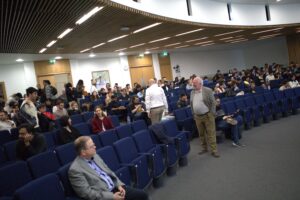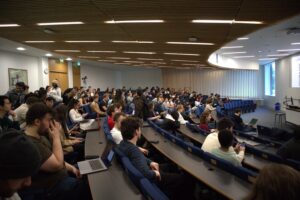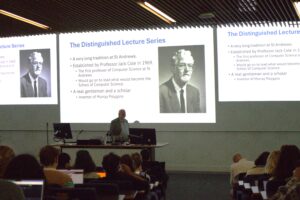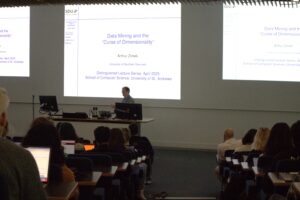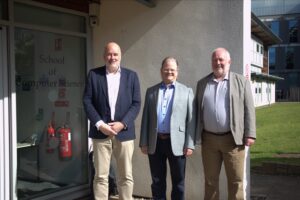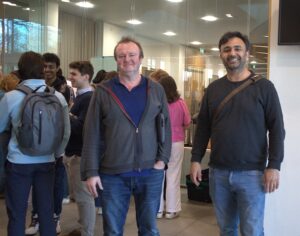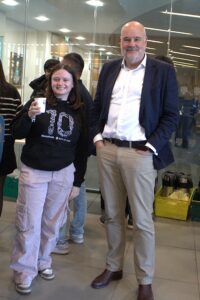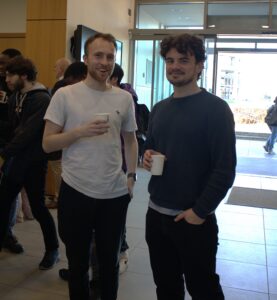Celebrating Diversity in Computer Science: The Figure of the Season Initiative
As part of the Designing and Delivering an Inclusive Curriculum STARIS project, we are excited to introduce the Figure of the Season showcase—an effort to highlight diverse contributions to the field of computer science.
Why This Initiative Matters
Representation plays a crucial role in fostering a sense of belonging, yet Computer Science has historically lacked visibility for many of its diverse pioneers. This initiative aims to shed light on these figures by celebrating how their work has shaped technology, and by recognising the role that diversity has played in their success.
How It Works
Every few months, we will feature an individual whose contributions have had a lasting impact on Computer Science or technology. This will be done in tandem with the University of St Andrews Diversity Calendar, which will inspire the theme of each showcase. Through visually engaging poster displays, we hope to provide students and staff with insight into these figures’ achievements, challenges, and the significance of their work.
Each showcase will be displayed in the Jack Cole coffee area—be sure to check them out next time you grab a tea or coffee!
Spotlight on Dr. Ruchi Sanghvi
Our first honouree is Dr. Ruchi Sanghvi, the first female engineer at Facebook and a leader in the tech industry. From playing a key role in developing Facebook’s News Feed to advocating for diversity in tech, Dr. Sanghvi exemplifies the innovation and leadership we aim to celebrate.
By sharing stories like hers, we hope to inspire future generations of computer scientists, challenge stereotypes, and reinforce that computer science is for everyone.
Stay tuned as we continue to showcase incredible, diverse figures who have shaped the field!
By Jade Adedokun


